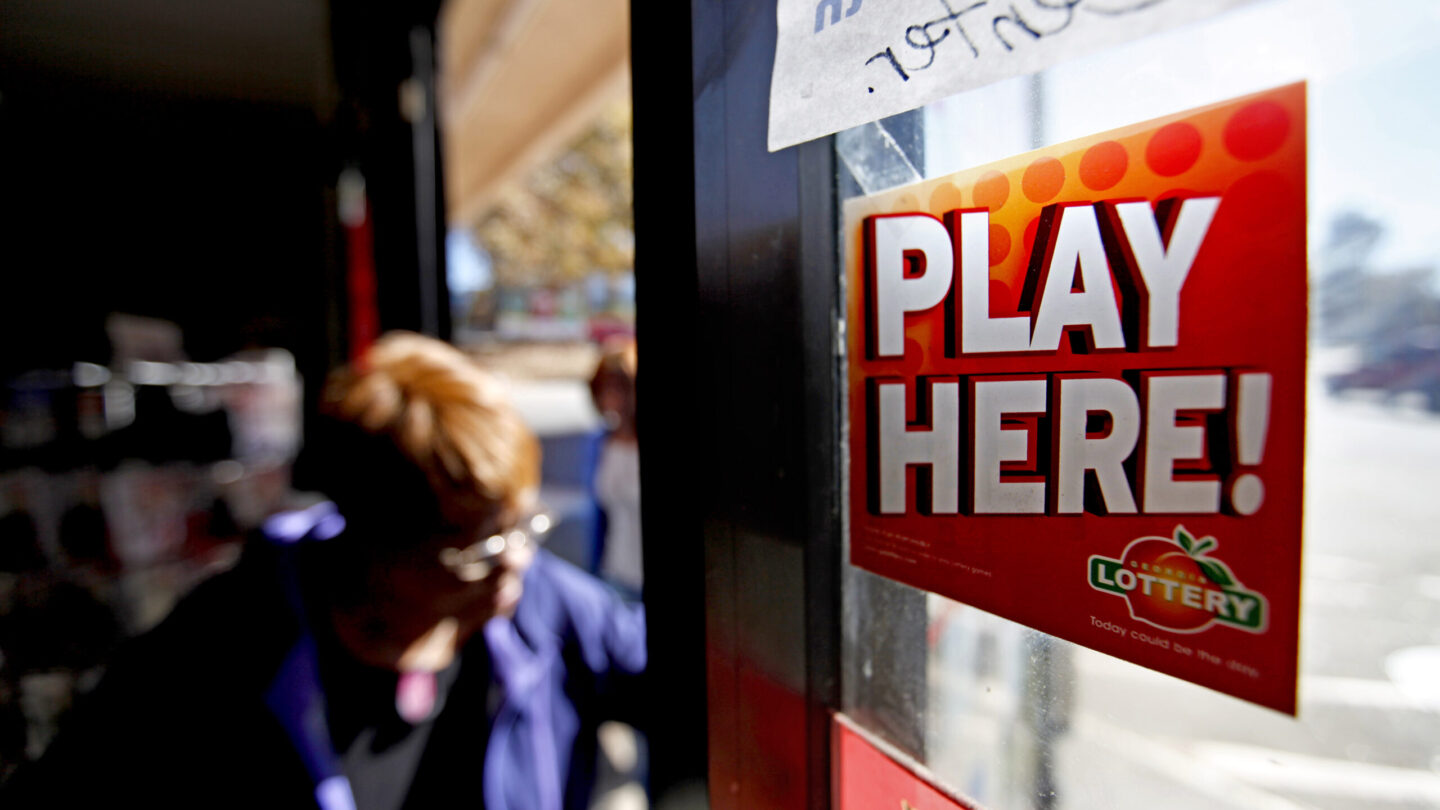Georgia leaders marked the 25th anniversary of the lottery at the State Capitol Wednesday. They also celebrated the HOPE Scholarship and the Pre-K program, which are funded by the lottery.
Gov. Nathan Deal readily reminded the crowd that he was skeptical of the Georgia Lottery at first.
He was a State Senator in 1992, when he and other lawmakers had to decide whether to put the issue up for a referendum.
“The religious community was very, very much opposed to gambling,” he said. “And that was the label that was placed on the lottery. I wrestled with the issue, as did I think many people in the General Assembly.”
In the end, he voted for the lottery referendum, and Georgia voters approved it. The merit-based HOPE scholarship began the next year.
“I’m glad that my skepticism was proved to be wrong. I’m glad I gave the people of Georgia the chance to be the real deciding factor,” he said. “Those objections that people like me had at the beginning were proved to be misfounded.”
Recently, there have been efforts to create a needs-based version of the program. Philip Wilheit, of the Georgia Board of Regents, said it’s a priority of the university system’s foundation to raise money for needs-based scholarships, but that structure wasn’t the intent of former Gov. Zell Miller, who created the HOPE grants.
“Governor Miller did not want it to be a needs-based scholarship. It is a merit-based. He wanted people to earn this right.”
He said it’s important to preserve the scholarship as is, calling it “the most significant piece of legislation passed in my lifetime.”
Steve Wrigley, chancellor of the Georgia University System, said support for HOPE is likely to continue.
“The program works. It lets students work hard, earn the financial support that they need to get to college, and I think a program that works, people will support,” Wrigley said.
Regarding a needs-based version, he said “at some point” it may be considered more seriously, but highlighted the need to find funding.
“People sometimes overlook that HOPE does have a benefit to students of need as well,” he said.
Deal highlighted that 1.8 million students have received the HOPE scholarship. That’s about 1 in 4 Georgians over the age of 18.









